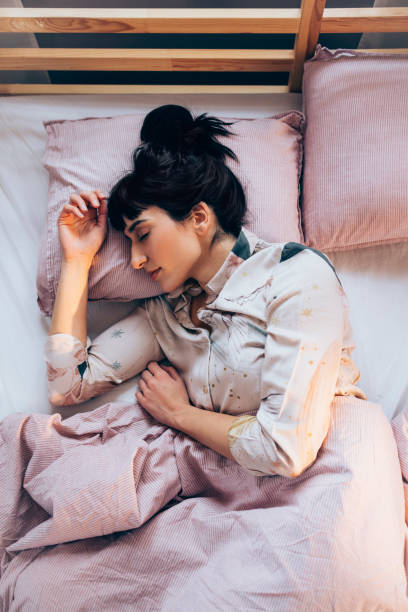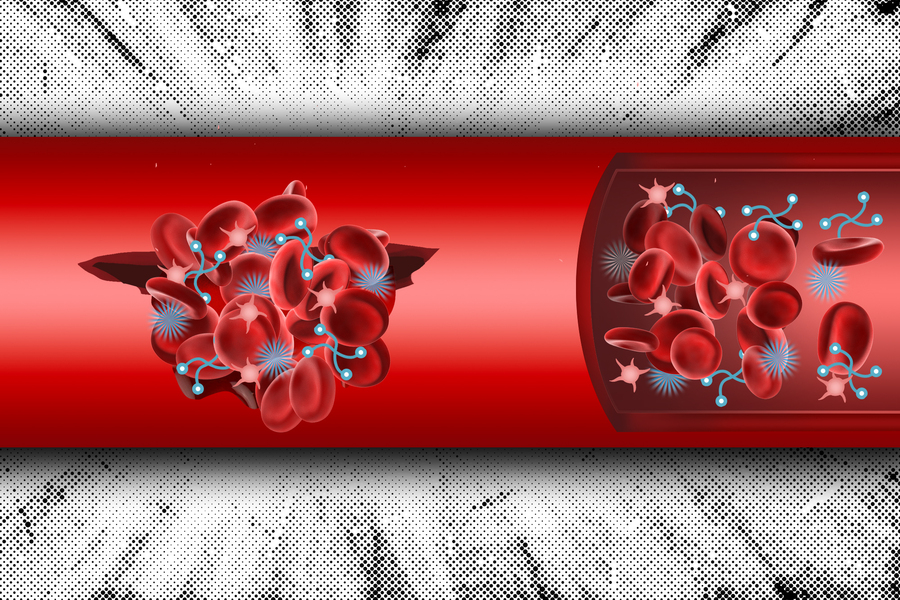Repercussive Effects Of Menopause On Sleep
In this article, read how menopause can have a significant impact on your sleeping cycle and how you can manage it.
Menopause is a natural process where the female meets the end of her reproductive ability. It will result in cease in the menstruation cycle, hormonal changes, and more. It is a significant change in the physiology of the body and causes many side effects that can be difficult to adjust to.
The hormonal imbalance or change impacts your sleeping cycle. It can form a change of reaction to various other problems and lead you to intake of so many medicines and injections.
Following are a few effects of menopause on your sleep and a few tips to manage them.
Difficulty sleeping:
- Menopause can make it difficult to fall asleep or sleep for regular hours.
- It can also cause one to suffer from insomnia.
- To tackle this situation, make an optimum and relaxing night-time routine. It may include reading a book, taking a bath, or any other relaxing activity that could help you sleep better.
Stress and mood swings:

- The changes in hormone levels can cause mood swings and can also result in stress.
- Frequent mood swings between different emotions can cause anxiety or depression-like problems. It can make sleeping difficult.
- Indulge in relaxing activities to release stress and manage mood swings better.
Tiredness:
- With menopause affecting your sleep, it can be tiresome. One may experience drowsiness and fatigue affecting their day.
- Take small naps during the daytime to re-energize yourself.
- Avoid caffeine, alcohol, and such factors affecting your sleep.
Frequent urination:
- Menopause can cause problems with urination like you may need to urinate more frequently than usual. It can be inconvenient at night time.
- One may consult an expert to have proper treatment for the issue.
- One can limit the fluid intake right before bedtime and practice pelvic floor exercises to tackle the issue.
Heat flashes:
- Sometimes your body starts heating up, causing discomfort and trouble sleeping.
- One needs to avoid spicy food, caffeine, smoking, and alcohol to avoid triggering heat flashes or night sweats.
Following are a few tips to have a good sleep:
Expert help:
- Consider consulting a healthcare provider if you are experiencing a serious sleeping problem.
- Relevant medication should help you sleep better if needed. Consult an expert to get diagnosed and take the proper prescription.
Sleeping environment:
- A good sleeping environment can improve your sleep significantly. It could help you greatly if you are suffering from sleeping problems due to menopause.
- Ensure that the mattress, temperature, lights, and noise in the room where you sleep are optimum and do not affect your sleep.
Healthy diet:
- Food can make a great impact on your body and sleep as well.
- Maintain a healthy diet to meet the nutrient requirements of the body.
Lifestyle:
- Indulge in some form of physical activity to make you sleep better. You may opt for yoga, exercise, or any that suits you.
- Avoid the consumption of alcohol, tobacco, and smoking.


